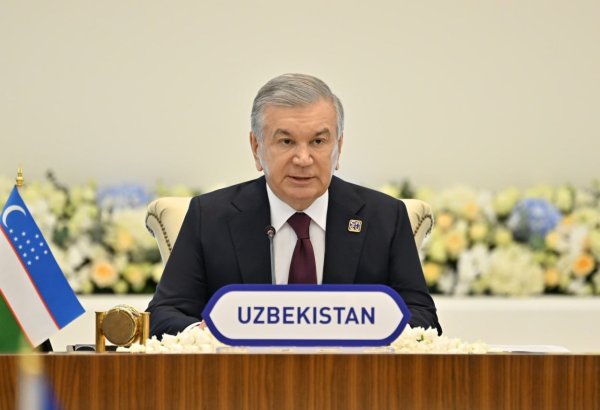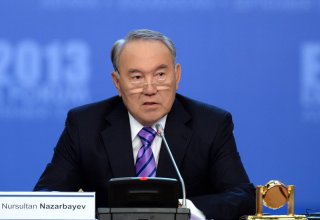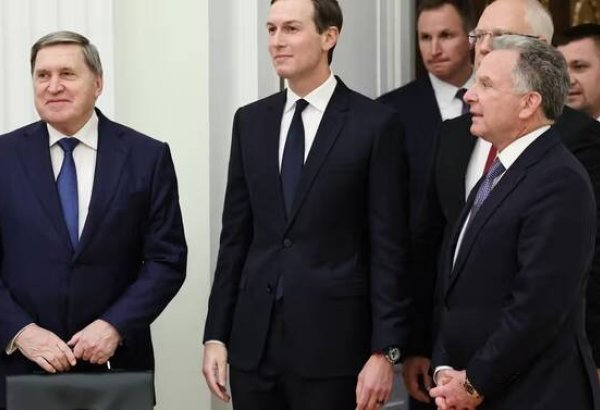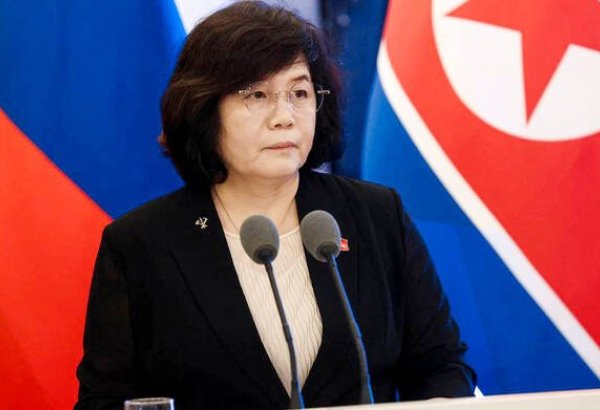Baku, TurkicWorld
Taiwan’s leader Lai Ching-te said on Sunday that Taipei has no intentions of retaliating against the 32% tariff on Taiwanese goods imposed by the US, Focus Taiwan reported, TurkicWorld reports citing Anadolu.
The development came after US President Donald Trump on Wednesday announced sweeping tariffs, ranging from 10% to 50% on imports from dozens of countries and economic regions, including US ally Taiwan, whose exports to the US will face a 32% surcharge.
In a video, Lai recognized the "significant impact" the 32% tariff would have on Taiwan's economy but encouraged the public not to panic, highlighting the country's strong economic foundations.
"Taiwan has no plans to take retaliatory tariff action in response to the United States' 'reciprocal tariffs.' Investments by Taiwanese companies in the US will also proceed without any changes, as long as they align with our national interests," Lai Ching-te said.
To lessen the impact of the tariffs, Lai Ching-te announced that his government had formed a negotiation team to begin formal discussions with the United States.
The leader also noted that his government will also support Taiwanese companies in increasing their investments in the US, particularly in sectors like electronics, information and communication technology, petrochemicals, and natural gas.
The Nasdaq Composite Index also dropped by 5.8 percent on Friday, losing 962.8 points and officially entering bear market territory, driven by mounting global economic concerns.
Oil prices add to the pressure
Although the White House confirmed that oil and gas imports would be exempt from the new tariffs, Saudi oil giant Aramco still experienced a dip in market value during Sunday’s trading session. Its shares fell by 5.25 percent on Sunday to reach SR24.92, leading to a decrease of SR333.9 billion in market capitalization to settle at SR6.03 trillion.
For the GCC, the White House’s exemption is significant, as oil and gas constitute over 60 percent of Saudi Arabia’s exports to the US and remain a vital part of Gulf-US trade relations.
Oil prices plunged 7 percent on Friday, hitting a three-year low, after China retaliated in the escalating trade war by imposing 34 percent tariffs on all American goods, effective April 10.
This move, coinciding with global preparations for countermeasures against Trump’s tariffs—the highest in over a century—sent shockwaves through markets, with investors increasingly factoring in recession risks.
JP Morgan raised its forecast for a US and global recession to 60 percent, up from 40 percent, warning that escalating tariff tensions are undermining business confidence and threatening to derail global growth.
S&P Global also adjusted its “subjective” odds of a US recession, raising them to 30-35 percent, up from 25 percent in March.
Goldman Sachs had already revised its US recession risk to 35 percent from 20 percent ahead of the April 2 tariff announcement, citing weakening economic fundamentals.
HSBC noted on Thursday that the recession narrative is likely to strengthen, although markets have already factored in some of the risks.
Tchennozian further emphasized that Gulf markets are bearing the pressure as global indices continue to slump due to the ongoing US-led trade war. “GCC governments must act swiftly and decisively to reassure investors and safeguard their economies,” he said.
He suggested that this could be achieved by ramping up infrastructure spending while central banks ensure liquidity, particularly for small and medium enterprises.
Additionally, sovereign funds may need to step in with market stabilization measures, alongside diversifying trade toward Asia and Africa to mitigate the impact.
“Above all, clear and consistent communication from policymakers is key to reassuring investors that the region is not just weathering the storm—but actively steering through it,” he concluded.























